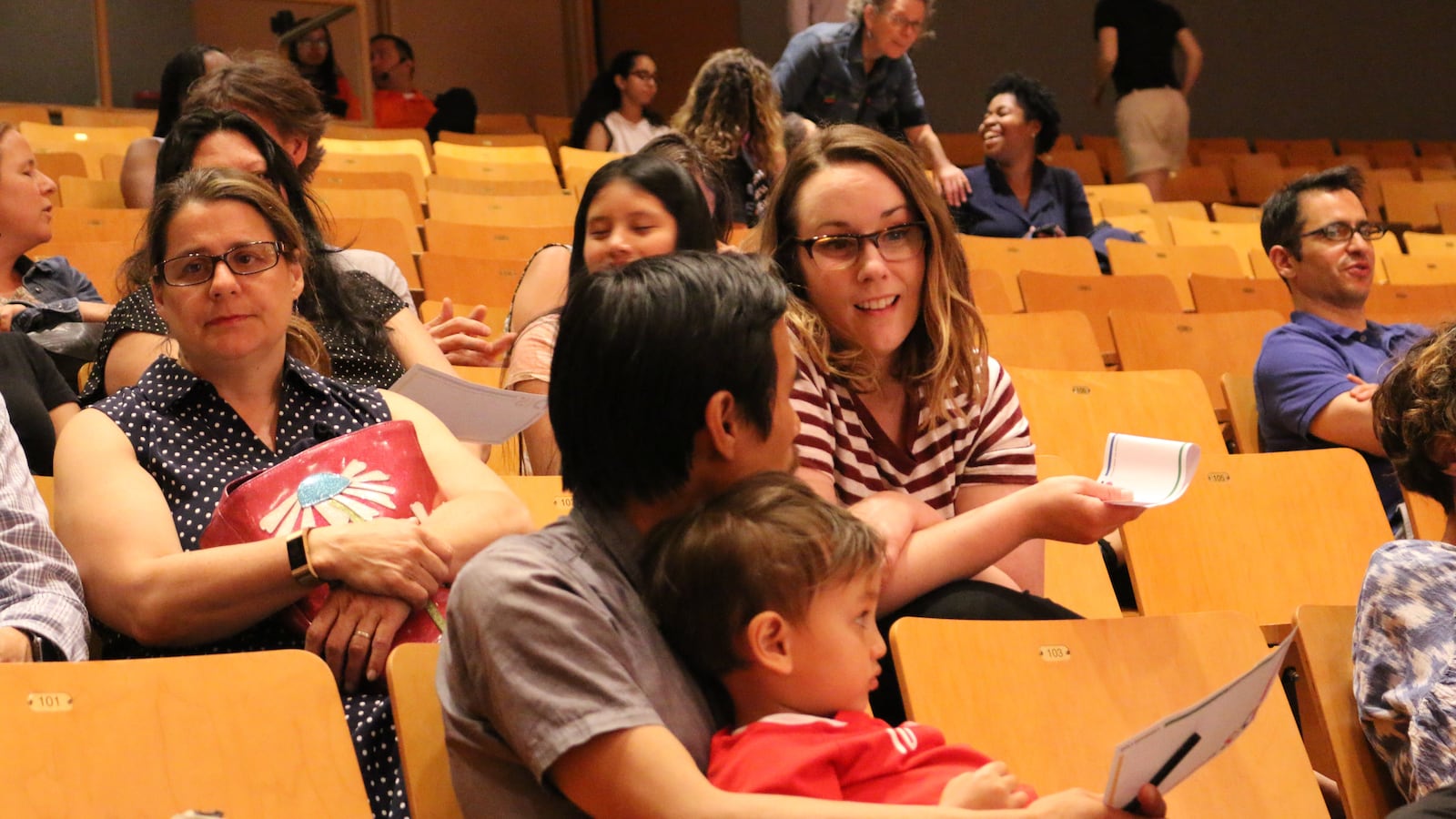This spring, my part of Brooklyn quietly developed one of the most comprehensive and thoughtful school-integration plans we have seen in New York City.

The new plan would mean that District 15 middle schools no longer screen for admission, a policy that has long excluded low-income, black, and Latino students from sought-after schools. Underserved students would receive admissions priority to facilitate their representation across all schools. The plan also offers recommendations meant to ensure that all of the district’s middle schools receive the resources and support they need.
New York Appleseed, the nonprofit organization where I work, was honored to serve in an advisory role during the public-engagement process. And as an advocate for integrated schools — as someone who understands that New York City’s schools are among the most economically and racially segregated in the country, and understands the harm school segregation does to students of color — I want this plan to be implemented.
I also watched this process as a parent of two elementary school boys in the district. This is all too often framed as a zero-sum game in which white, affluent parents lose. It’s not.
As a white parent, I also want this to work for my 9-year-old son’s benefit.
When my son enters middle school next year, I don’t want him to miss out on friendships and learning opportunities with children of other backgrounds or with different test scores.
I don’t want him to buy into the pernicious logic that the purpose of a public education system is to assess a 9-year-old’s work ethic and reward or punish accordingly.
I don’t want him to conclude that, if middle school screens reward hard work and good behavior, black and Latino students must not work as hard or behave as well as other students.
I don’t want him to think he is better or worse than another fifth-grader because she did or did not get into a particular school.
Right now, middle-school admissions plays out like a high-stakes competition for a small set of “winner” schools. Justified as a means of rewarding elementary-schoolers’ “work,” the system favors those in our community who have the most resources. I don’t want my son to think that any of this is normal.
What I do want for him are classrooms that allow him to engage with students of all backgrounds.
I want him to learn the ways of anti-racism, which is awkward to do in a school that disproportionately screens out applicants of color.
I want him to develop the critical thinking skills that come with being challenged by students who experience the world in very different ways.
I want him to start to understand the daily burden of institutional racism on students of color. Scholars like Chris Emdin have described the enormous energy required of students of color in navigating an educational system designed with white people and white norms at the center. Unfortunately, this kind of work is not the kind of work valued in the current screening process.
I want him to learn that intelligence and achievement are far more broad and complex than test scores and even report cards can capture.
I want him to be culturally dexterous, as scholar Sheryll Cashin would say — prepared to join increasingly diverse college campuses and meet the daunting challenges of this century in genuine collaboration with people all over the world.
Most of all, I want my son to learn in a school where students take care of each other and treat each other humanely. I believe that this is most likely to happen in schools where difference is the norm rather than the exception.
As New York City residents, we can make this happen in a way that isn’t possible in most exclusive suburbs. My wife and I, and many other parents, live here because we believe there is something better here for our sons.
David Tipson is executive director of New York Appleseed, which advocates for integrated schools and communities in New York City and New York state. He is also the parent of two boys, ages 6 and 9, who attend elementary school in Community School District 15.
About our First Person series:
First Person is where Chalkbeat features personal essays by educators, students, parents, and others trying to improve public education. Read our submission guidelines here.

